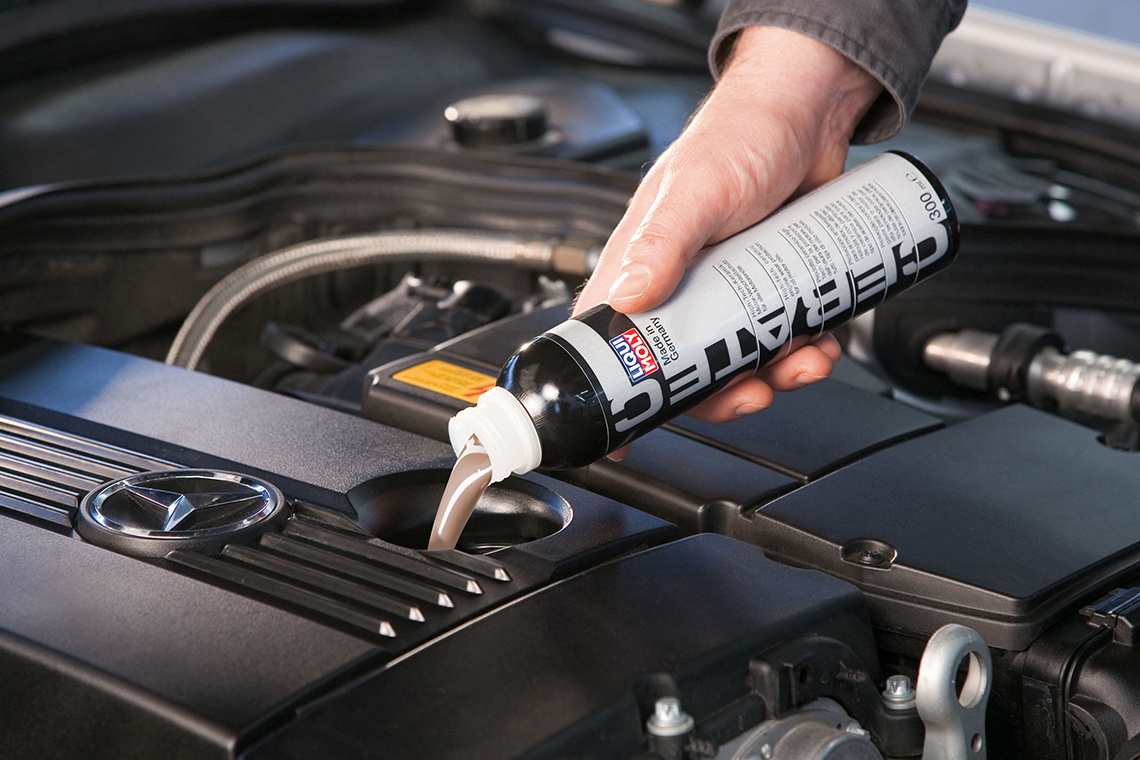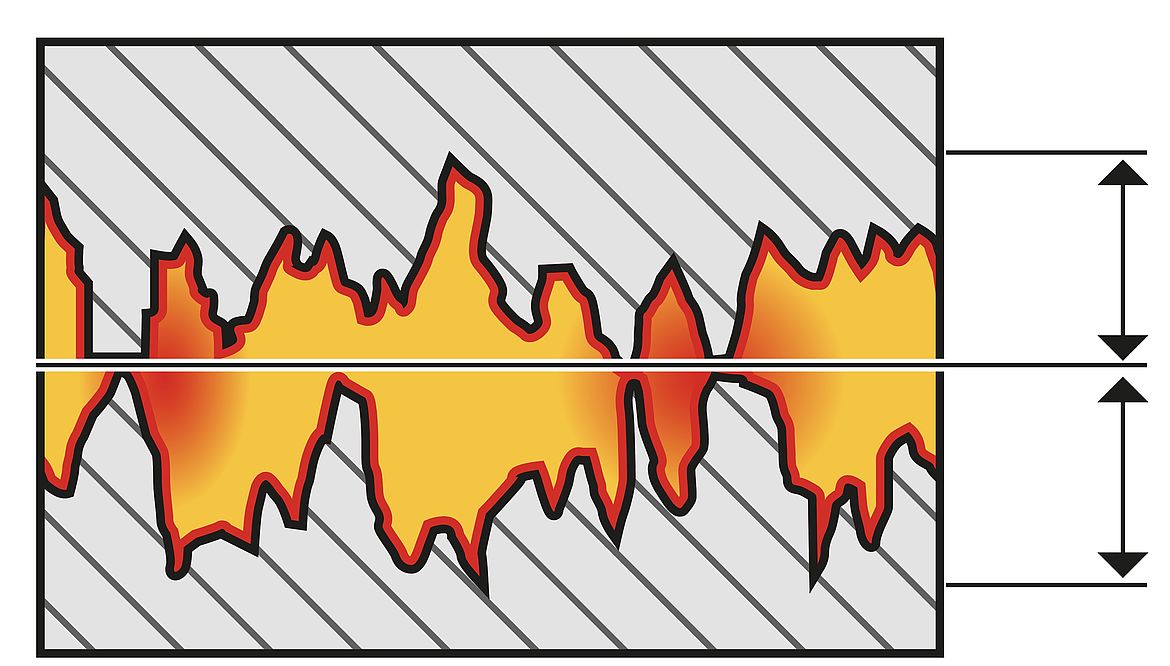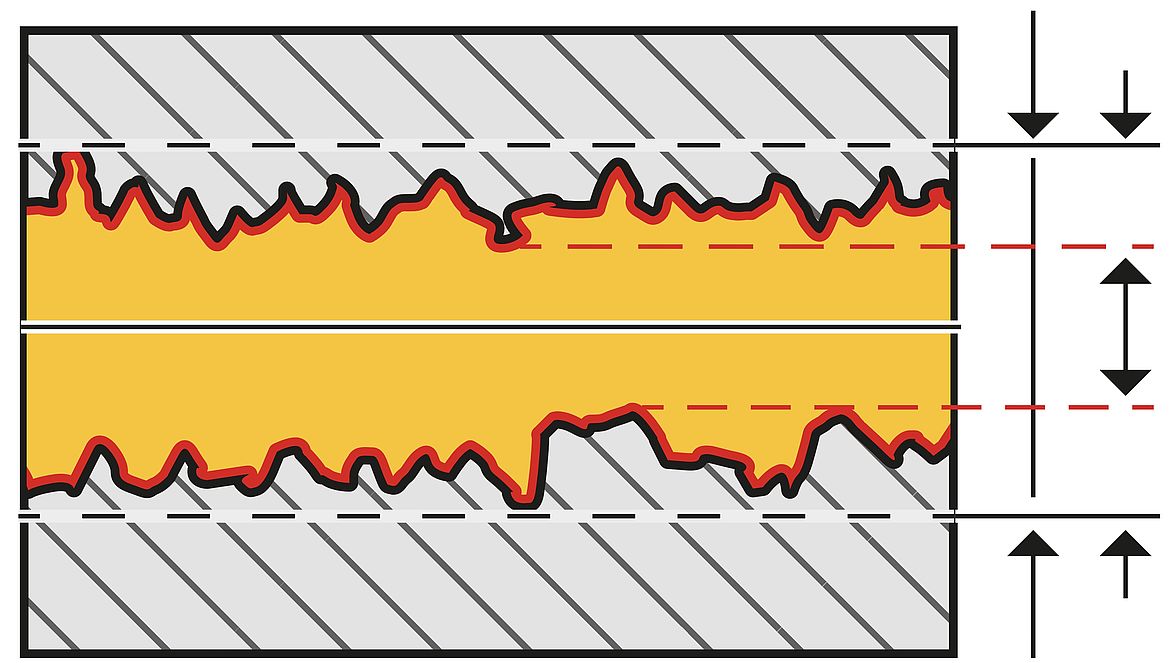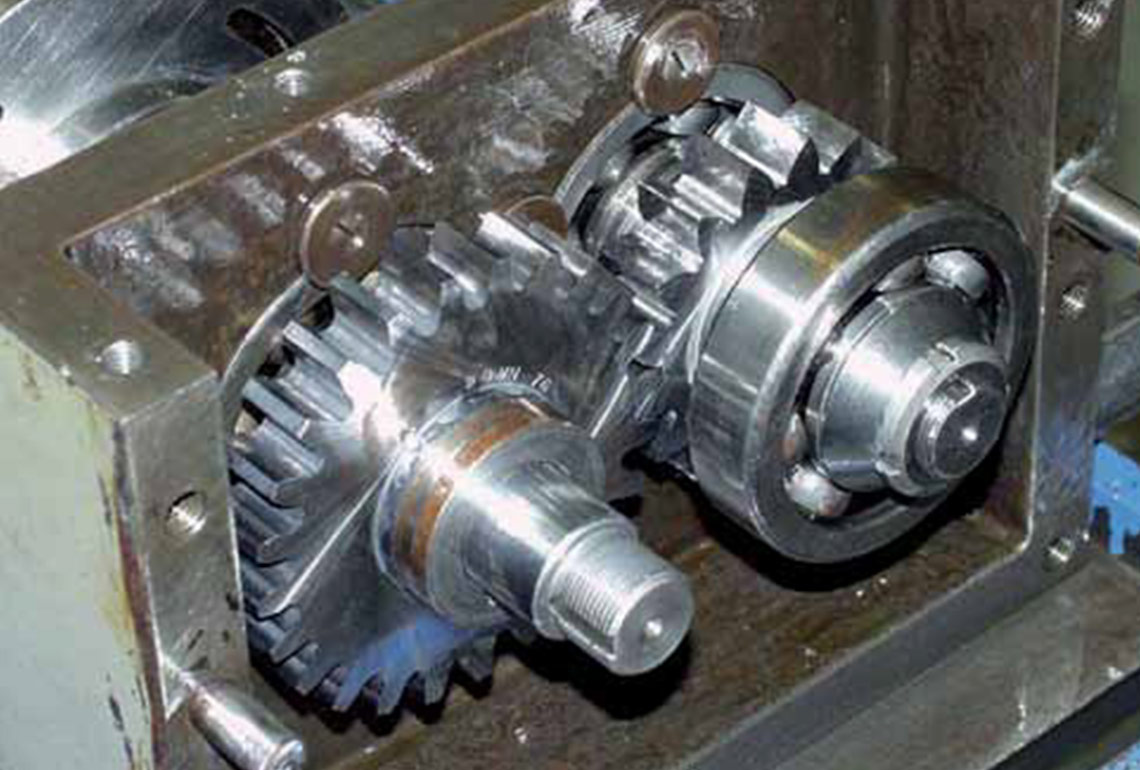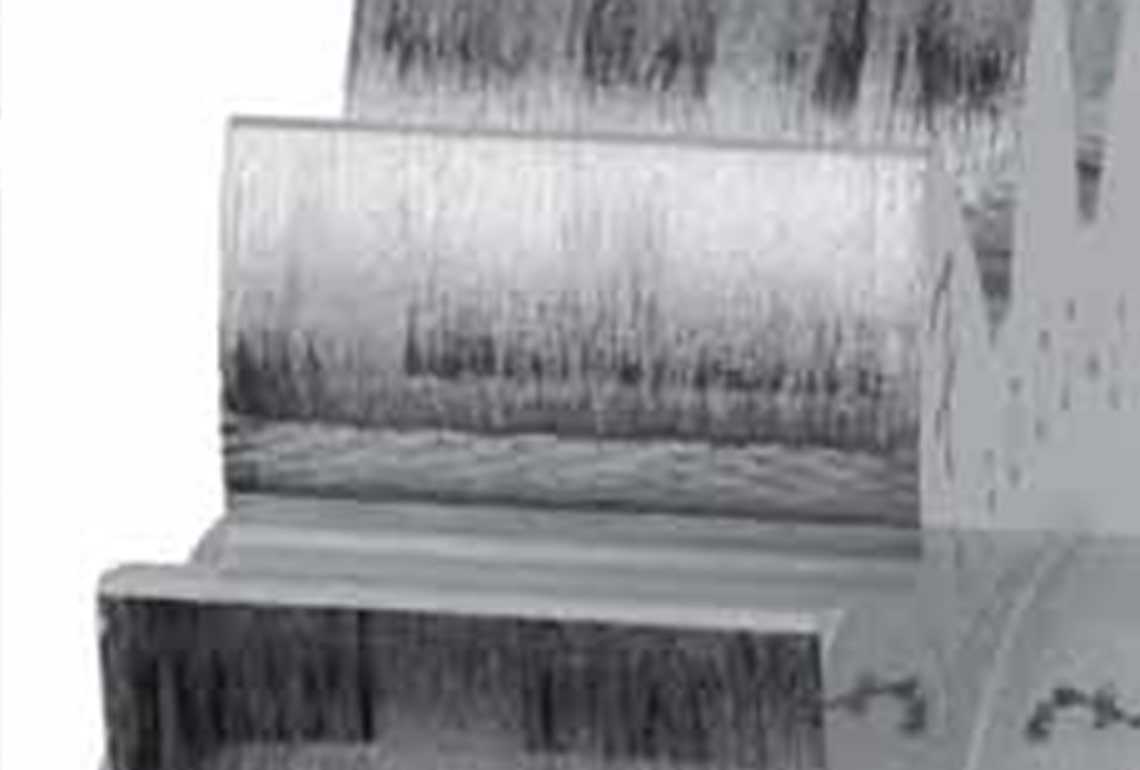
Dual protection with Cera Tec
Dual protection with Liqui Moly 3721 Cera Tec
The optimum 'wear protection' additive for physical and chemical protection.
What is Cera Tec and how do I apply it?
Cera Tec is a suspension based on a micro ceramic solid lubricant and chemical active agents in mineral oil.
-
Direct addition to the motor or transmission oil (cold or warm)
-
Ideally it is poured in to the engine with the new oil after the engine has been flushed and old oil drained.
-
300 ml is sufficient for up to 5 litres of motor oil
-
The optimal dosage ratio is about 6% of the total oil fill quantity
-
Refer to the service documents of the vehicle which should advise on the oil change intervals
PURCHASE CERA TEC
- Reduces friction and protects the engine and transmission against wear.
- Prevents expensive repairs and prolongs the life of the assemblies.
- High mechanical and thermal stability, ensuring outstanding lubrication even under the toughest conditions.
- It saves energy, reduces fuel consumption and thus also pollutant emissions.
- Cera Tec reacts directly with the surface of the metal and protects your engine for up to 50,000 kilometers.
- Cera Tec is self-mixing and compatible with all standard motor oils.
- Also tested for vehicles with turbochargers, catalytic converters or particle filters.
- It is ideal for use in oil-lubricated transmissions, pumps and compressors.
- In new vehicles, CERA TEC supports engine break-in and protects against excessive wear.
- With a particle size of only 0.5 µm, it is absolutely compatible with all filters.
Proven efficiency
Liqui Moly products stand for reliability, efficiency and top quality -a promise in performance. So they asked an independent institute 'The Automobil-Prüftechnik-Landau GmbH (APL)' to test Cera Tec and this is what they found.
What was tested. The APL experts determined the relative scuffing load capacity of lubrication oils. Between the edges of the teeth, rolling off and sliding occur at the same time. Due to unfavorable operating conditions the lubricant film can break down between the tooth edges. This leads to short-term local fusion and disintegration of the edges, so-called scuffing, which causes damage to the smooth surface of the teeth edges. Possible consequences: higher engine and transmission noise until failure of the gear wheels occurs.
Test sequence. On the vehicle distortion test bench the test oil was mixed with 6 per cent Cera Tec. With each test sequence the weight, and thereby the force level, on the sensitive transmission gear wheels was increased. The aim of the experiment is to reach the damage force level. This level is reached when the sum of all damage caused to the teeth of the gear wheels is more than 20 millimeters. The test is then ended. The reference oil came up to damage force level 4; the oil mixed with Cera Tec reached as far as level 9, hence to more than double the level. «Cera Tec markedly increases the power reserve, which confirms the anti-wear protection by the fine ceramic particles,» is how Dipl.-Ing. Peter Kunz, who supervised the test, summarizes the results. Kunz’s initial skepticism gave way: After the tests I was amazed. The product has made everything, and I really mean everything, better.»Just the demand for APL’s expertise alone has been unusual. «LIQUI MOLY is the first company in the after-sales market that has been prepared to undergo voluntary tests», said Kunz. He is responsible for the testing of lubricants and fuels.
About APL (Automobil-Prüftechnik-Landau GmbH). Formed in 1989, APL is a neutral and independent, internationally renowned development service provider, working for a worldwide client base from the automobile, oil and additives industries. The company is specialized in the mechanics of engine and drive trains and their operating supplies. On nearly 145 state of the art engine and component test rigs, more than 700 employees apply the latest measurement technology
